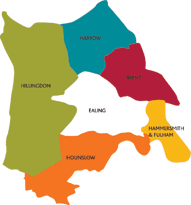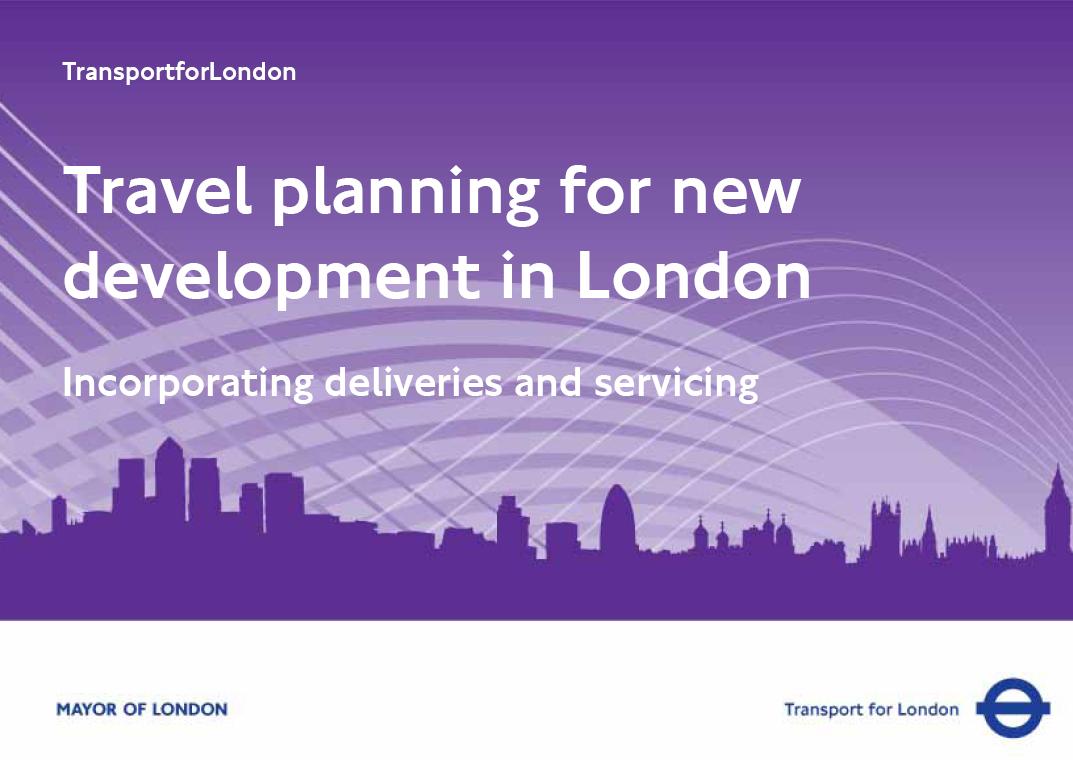-
>
-
>
-
Travel plans through the Planning Process
Travel Plans have become an increasingly important component of the planning process and are often critical to the outcomes of development proposals and applications. Travel Plans mitigate transport impacts of new developments by reducing congestion, air pollution, and noise.
Requirements for West LondonIt is essential that Travel Plans submitted through the planning process are meaningful and highly effective. A high-quality Travel Plan will enable development proposals to be prepared, secured, and implemented quickly and efficiently. For this reason all travel plans submitted through the planning process in West London MUST adhere to Transport for London's Best Practice Guidance. Travel plans not reaching this standard will not be accepted. Particular notice should be taken of the TRAVL and iTRACE monitoring requirements.
All travel plans submitted must pass the ATTrBuTE scoring tool. This can be downloaded below.
Policy context
London government guidance covering Travel Plans states that "Developments with significant transport implications should include a... Travel Plan as part of planning applications" (London Plan, Policy 3C.2).
This builds on the national planning guidance contained in paragraph 87 of Planning Policy Guidance 13 (PPG13) which states that travel plans should be be submitted alongside planning applications which are likely to have significant transport implications, including those for:"1. all major developments comprising jobs, shopping, leisure and services (using the same thresholds as set out in annex D);
2. smaller developments comprising jobs, shopping, leisure and services which would generate significant amounts of travel in, or near to, air quality management areas27, and in other locations where there are local initiatives or targets set out in the development plan or local transport plan for the reduction of road traffic, or the promotion of public transport, walking and cycling. This particularly applies to offices, industry, health and education uses;
3. new and expanded school facilities which should be accompanied by a school travel plan which promotes safe cycle and walking routes, restricts parking and car access at and around schools, and includes on-site changing and cycle storage facilities; and
4. where a travel plan would help address a particular local traffic problem associated with a planning application, which might otherwise have to be refused on local traffic grounds.
However, unacceptable development should never be permitted because of the existence of a travel plan."
Guidance on the policy context for Travel Plans is also available in "Using the Planning Process to Secure Travel Plans" (DfT and ODPM, 2002).
Transport Assessments (TA) and Travel Plans (TP)
Travel Plans should be prepared alongside Transport Assessments. The TA provides transport-related information related to the proposed development: safety, trip generation, access, and junctions. The TA should demonstrate how the proposals will contribute to the local transportation environment. The TP is a tool to address the mitigation measures of the TA by managing the travel behaviour of existing and proposed development users. Guidance on preparing a TA is available on the DfT website at http://www.dft.gov.uk/pgr/regional/transportassessments/guidanceonta.
It is essential that TAs and TPs are prepared in-line with the methodology of TRAVL and iTRACE so that the on-going implementation and monitoring of the TP is compatible with their relevant standards.Further Information- Travel planning for new development in London; incorporating deliveries and servicing (.pdf, 497Kb)
- Best Practice Overview
- ATTrBuTE Travel Plan Assessment Tool (.msi, 3177Kb)
- iTRACE Workplace Travel Plan Template (.doc, 522Kb)
- iTRACE Compliant Baseline (full) Survey (.doc, 484Kb)
- iTRACE Compliant Snapshot Survey (.pdf, 231Kb)
-
-










